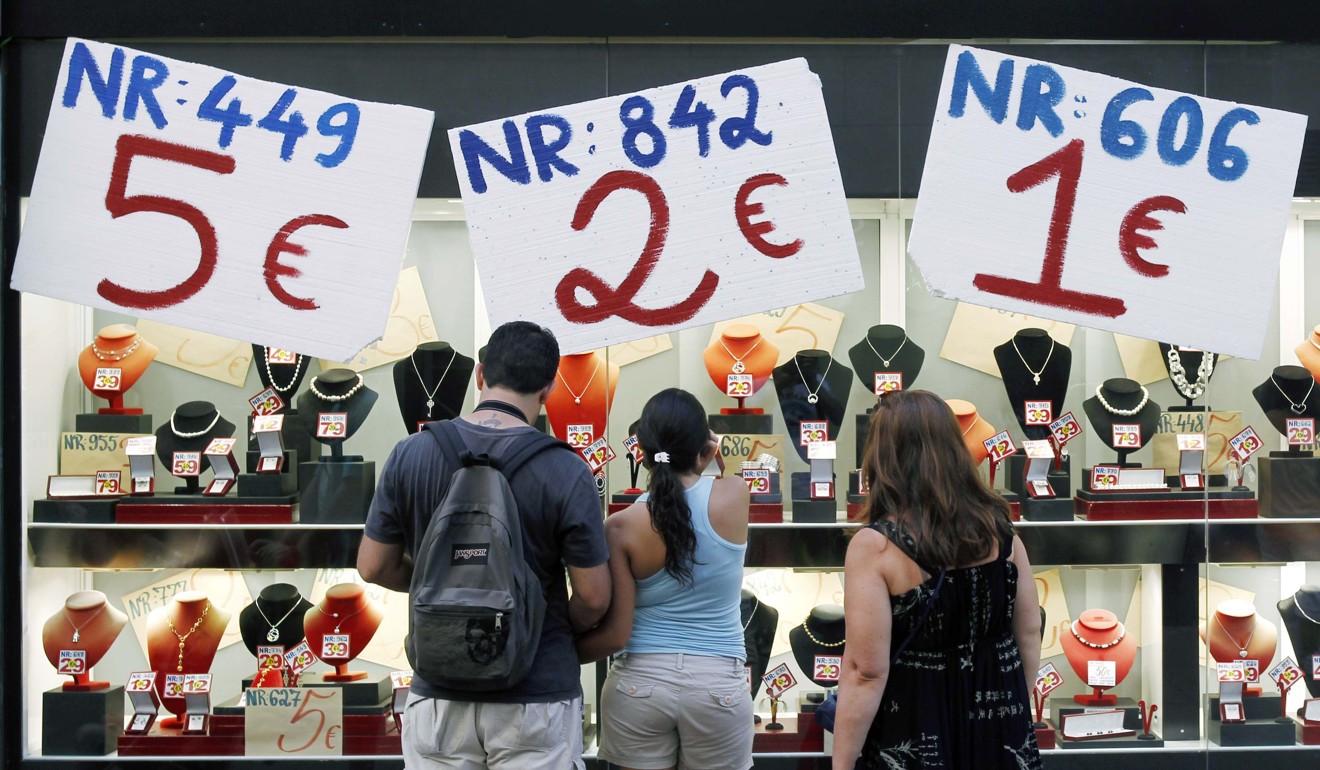
Independence for Catalonia would lead the region out of Spain and into oblivion
Sherif Elgebeily says an independent Catalonia would have a rude awakening once it realised it could not get into the EU, dealing a massive blow to the economic aspirations motivating it to attempt secession
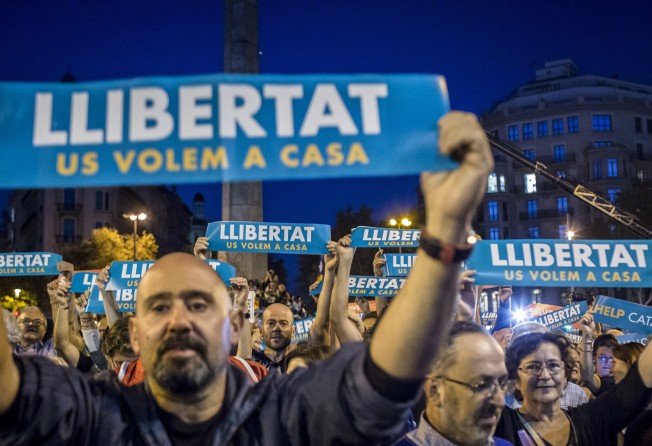
Calls for independence – in Kurdistan, Kosovo, Taiwan and even Hong Kong – have become somewhat romanticised through skewed interpretations of the right to self-determination. The legal aspects of secession have been covered at length by internationally respected judiciaries, including the Canadian Supreme Court and the International Court of Justice, but in the event that legal obstacles can be overcome, there are critical political and economic aspects to consider.
Catalonia highlights just why the legal facets must not be the only criteria under scrutiny. In an increasingly neoliberal, globalised world, a state cannot afford to stand alone – its economy cannot survive if other states refuse to trade with it.

Catalonia is, undoubtedly, an economic giant among regions in Spain; its €223.6 billion (HK$2.05 trillion) economy – as of 2016 – generates more than 20 per cent of total Spanish GDP and almost half of all foreign investment projects in Spain are housed in Catalonia. In fact, this wealth is probably one core reason why calls for independence are being pursued. Under the current system of taxation, as with many federal systems around the world, Catalonia pays its taxes to the central government and receives a portion back to subsidise poorer internal states or counties. For Catalonia, this amounts to almost €10 billion more per annum than it receives back – more than €1,300 per Catalan citizen.
In the event of independence, however, Catalans are about as likely to see that €1,300 reflected in their bank statements as Britons are to see an additional £350 million (HK$3.6 billion) a week for the UK’s National Heath Service after Brexit. Rather, the Catalan economy is likely to crumble. European Commission President Jean-Claude Juncker, members of the European Parliament and leaders of member states such as France’s Emmanuel Macron and Germany’s Angela Merkel have all made clear their objections to a breakaway Catalan state and have reiterated the declaration that there would be no immediate accession to the EU and its related treaties should the declaration go ahead.
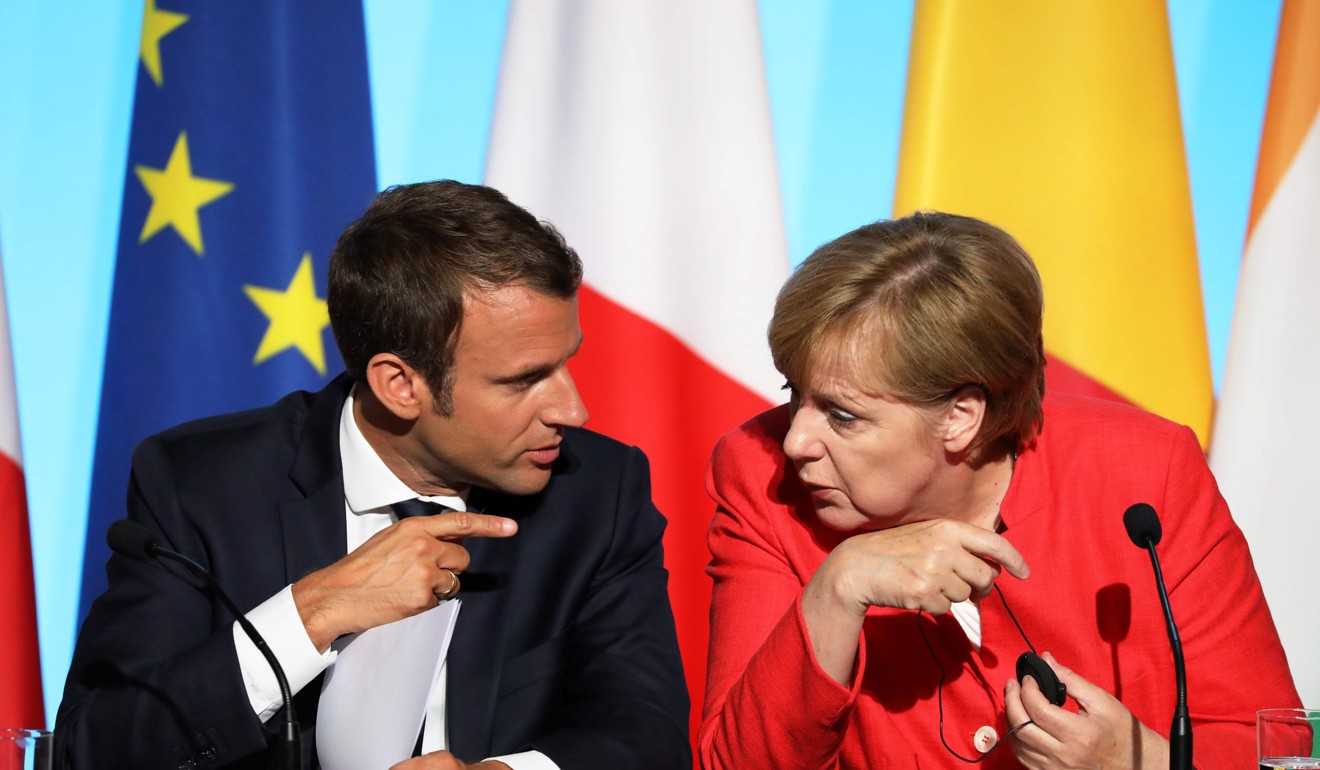
This means no single market, no single currency, no access to the European Central Bank and no freedom of movement.
The repercussions of this would be cataclysmic for Catalonia: 42 per cent of Catalan companies abroad are based in the EU, while 65 per cent of its exports are destined for its member states. Not only would this end overnight, major companies and banks are already moving outside the region. Caixabank and Banco Sabadell – the third- and fourth-largest Spanish banks – have already shifted headquarters; no major Spanish banks now have headquarters in Catalonia.
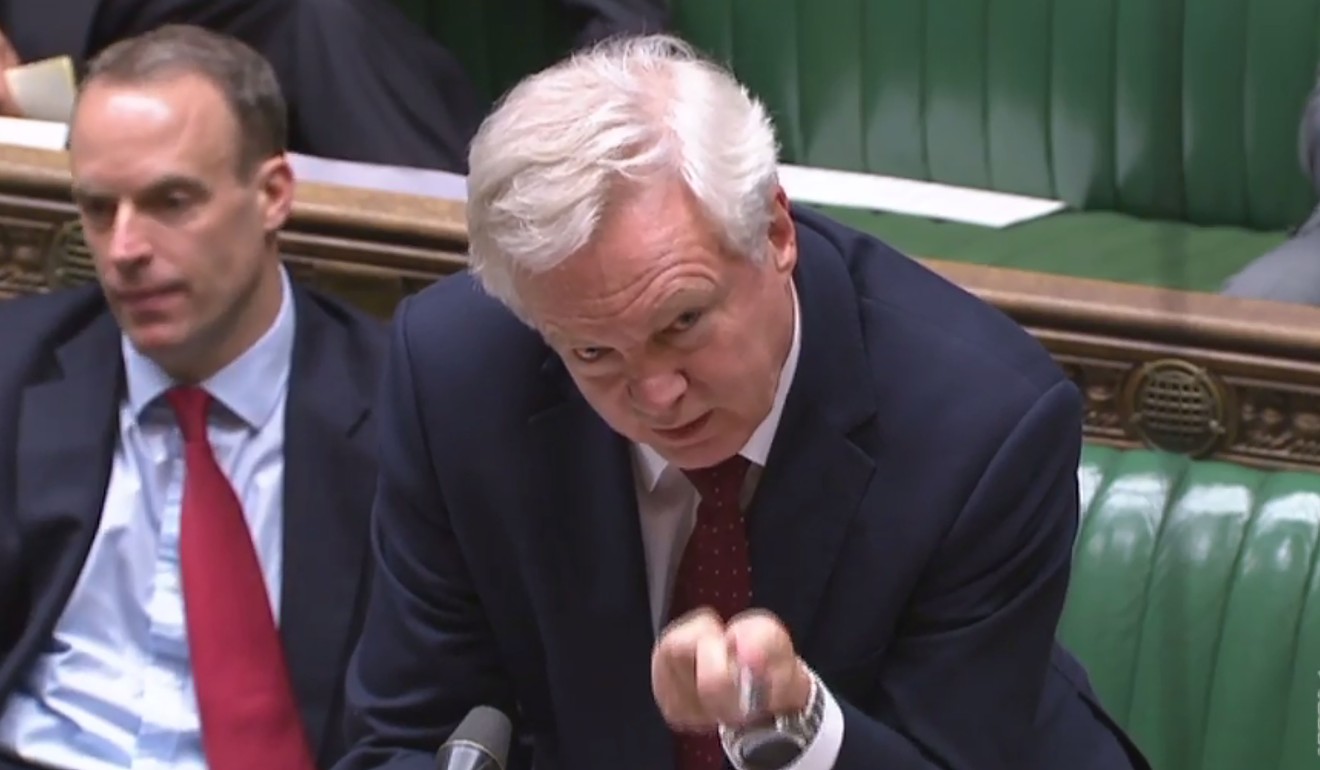
To gauge the impact that “Catelexit” could have, it is worth looking at the neighbouring British model, a process UK Secretary of State for Exiting the European Union David Davis has judged more complex than the moon landing. The UK has a plethora of institutions already in place – the pound, customs and border controls, a central bank, worldwide diplomatic missions and the holy grail of international politics: a permanent seat on the UN Security Council. Despite this, the process is not going well.
There seems to be no plan for any of these elements in the Catalan example – it seems to woefully underestimate the repercussions of a break with Spain and, by extension, the EU. An independent Catalonia would be set to join the ranks of international pariahs with which no state wishes to enter into relations: the Turkish Republic of Northern Cyprus, Transnistria, Somaliland.
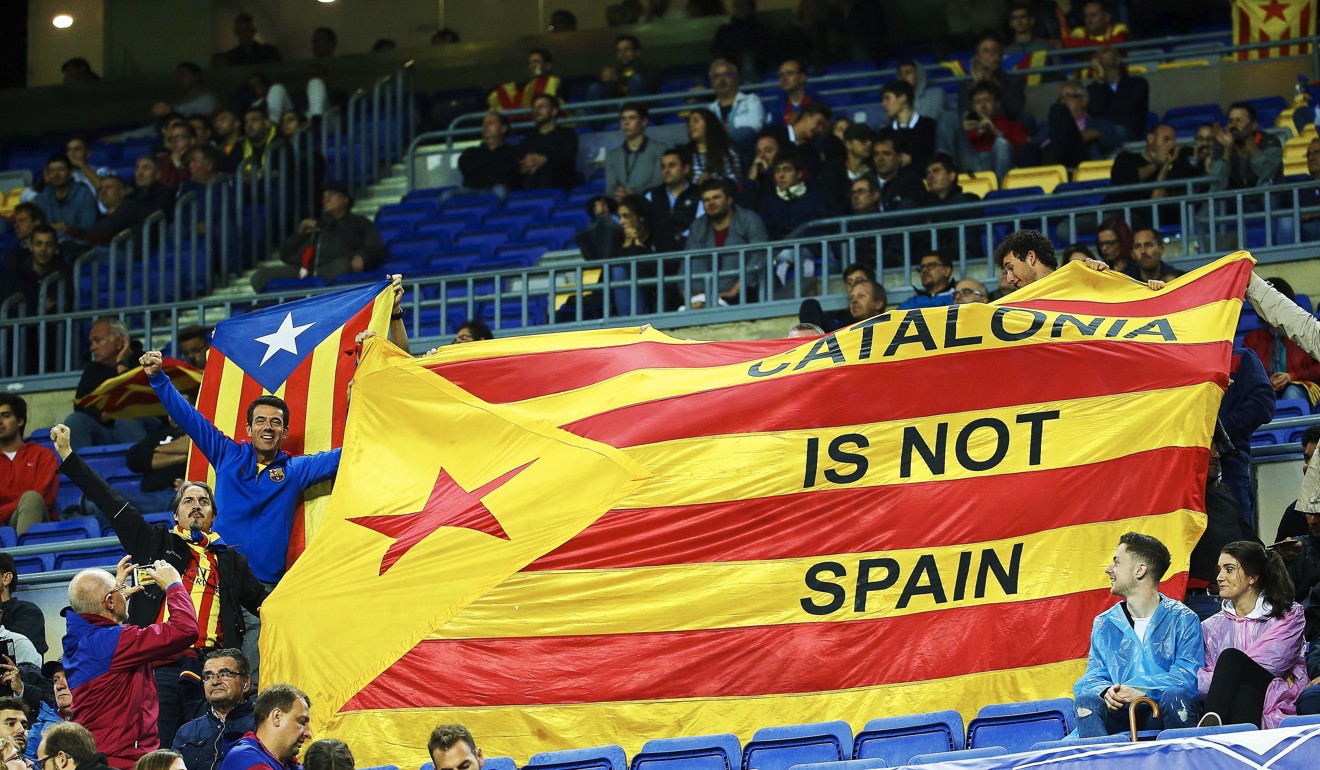
One must ask whether the purported 90 per cent of the 43 per cent of the Catalan electorate who voted were fully aware of these ramifications. Before any unilateral declaration two things must happen; firstly, Catalan president Carles Puigdemont must clearly outline the facts to his populace. More importantly, Catalans must see through the emotion and haze of excitement to address a modern reality – a unilateral declaration of independence in today’s world is not a show of strength, it is a short cut to the reject pile.
Dr Sherif A. Elgebeily is director of the Centre for the Study of International Peace and Security in London